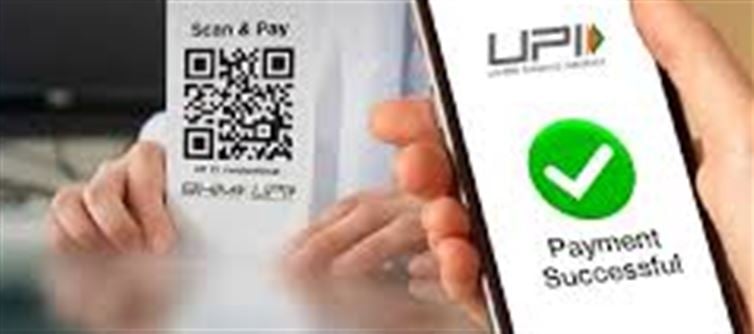
In a significant update for users of Google Pay, PhonePe, and Paytm, the National Payments Corporation of india (NPCI) has announced the discontinuation of the Person-to-Person Collect Request (P2P Collect Request) feature from October 1, 2025.
This update affects millions of UPI users who rely on the feature for sending collect requests to individuals for receiving payments, particularly for informal transactions like sharing bills or collecting money from friends and family.
What is the P2P Collect Request Feature?
The P2P Collect Request feature on apps like Google Pay, PhonePe, and Paytm allows users to request money from others directly, often used for splitting bills or collecting payments. Users can send a collect request to someone, and the recipient has the option to approve or deny the payment.
For example, if two people have lunch together and one person wants to collect their share of the bill, they can simply send a collect request via these apps, and the other person can approve it with a click. This was a popular feature for quick and easy payments between individuals without needing to manually transfer money.
Why is the Feature Being Discontinued?
The discontinuation is part of the NPCI's effort to streamline UPI services and enhance user experience by eliminating certain features that might have been underutilized or have raised concerns over security or misuse.
The P2P Collect Request feature, while convenient for informal transactions, was prone to misuse, especially for unsolicited requests, where users received unwanted payment requests from strangers or businesses. NPCI may be looking to reduce such instances to ensure a safer wallet PLATFORM' target='_blank' title='digital-Latest Updates, Photos, Videos are a click away, CLICK NOW'>digital transaction environment.
Additionally, certain merchant transactions may have been using this feature, and NPCI could be focusing more on secure, structured payment flows for businesses rather than informal transactions.
How Will This Affect Users?
1. No More Collect Requests:
o Users will no longer be able to send or receive P2P collect requests starting October 1, 2025. Instead, users will need to manually send money via the P2P transfer or Request Money options available on UPI apps like Google Pay, PhonePe, and Paytm.
2. Alternate Methods for Payment Requests:
o If you're used to sending bill-sharing or group payment requests via collect requests, you'll need to use other available options:
§ Request Money: Use the request money option for specific amounts you need to collect from individuals.
§ Split Bills: Many apps already offer bill-splitting features, which can be used as an alternative to collect requests.
3. Impact on Informal Transactions:
o The main impact will be on informal, peer-to-peer transactions where people used collect requests to settle small amounts with friends, family, or acquaintances. You’ll now have to rely on other means to collect money.
4. Security and Privacy:
o The discontinuation is seen as a move to improve security, as the feature could have been used for unsolicited requests, potentially leading to confusion or fraud. With its removal, NPCI aims to reduce such risks and provide a more secure, structured experience for users.
What Are the Alternatives?
1. Request Money Feature:
o This option will still be available. Users can request money by entering the amount, which is a more secure and explicit method than sending a collect request.
2. Group Payments/Splitting Bills:
o Apps like PhonePe and Google Pay allow users to split bills with friends, making it easier to share costs in groups, which could be an excellent alternative.
3. Direct Transfer via UPI ID:
o For those who don’t prefer using Request Money or Split Bill features, you can always directly transfer money to someone via their UPI ID or mobile number.
Conclusion:
The discontinuation of the P2P Collect Request feature may affect users who frequently relied on it for informal payments and bill sharing, but the alternative methods available, such as Request Money and Bill Splitting, are likely to be more secure and efficient.
Users need to adjust to these changes, and while it may take time to adapt, the change is expected to enhance the overall security and user experience in the long run.
For those relying heavily on the collect request feature, it is advisable to explore the available alternatives and make sure that payments are made in a secure and organized manner.
Disclaimer:
The views and opinions expressed in this article are those of the author and do not necessarily reflect the official policy or position of any agency, organization, employer, or company. All information provided is for general informational purposes only. While every effort has been made to ensure accuracy, we make no representations or warranties of any kind, express or implied, about the completeness, reliability, or suitability of the information contained herein. Readers are advised to verify facts and seek professional advice where necessary. Any reliance placed on such information is strictly at the reader’s own risk..jpg)




 click and follow Indiaherald WhatsApp channel
click and follow Indiaherald WhatsApp channel